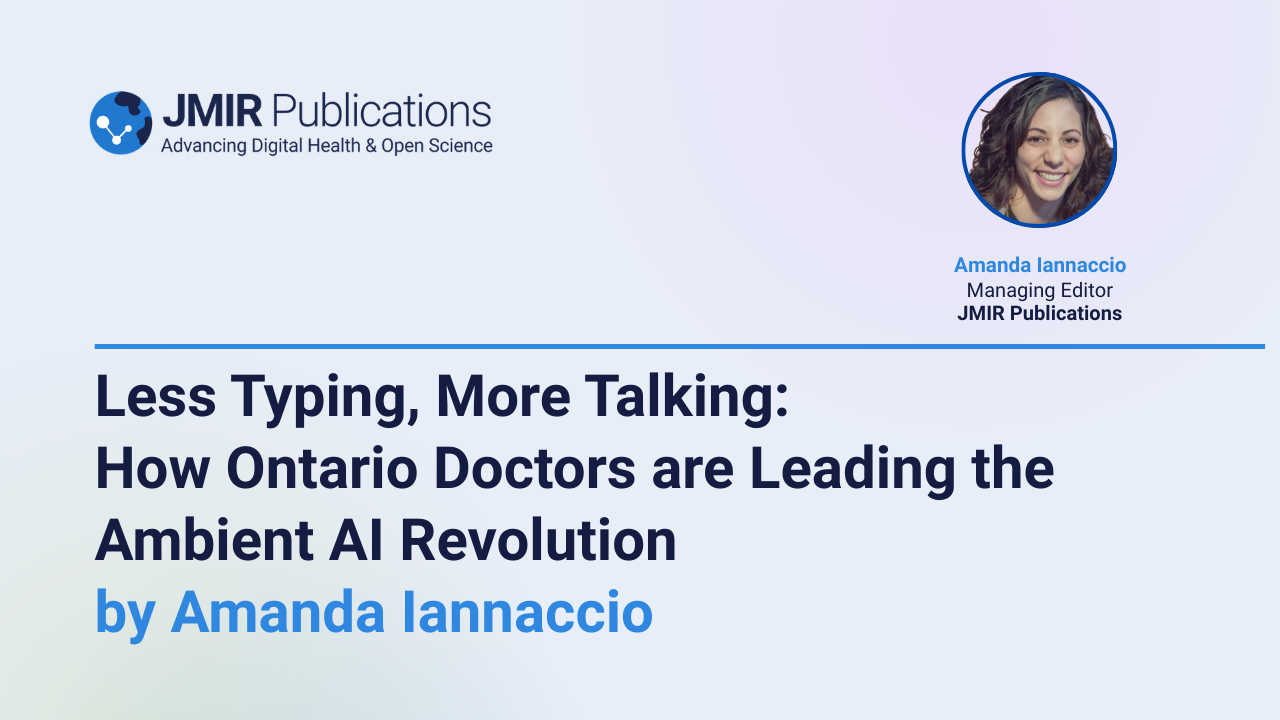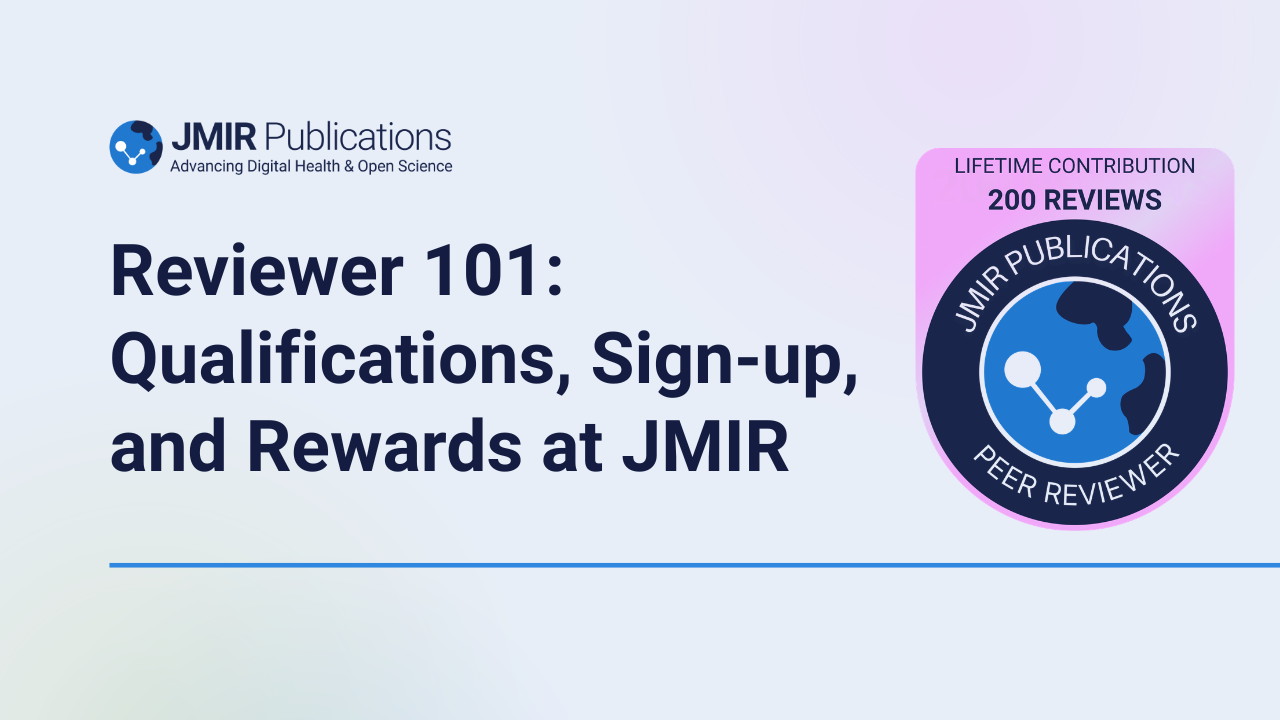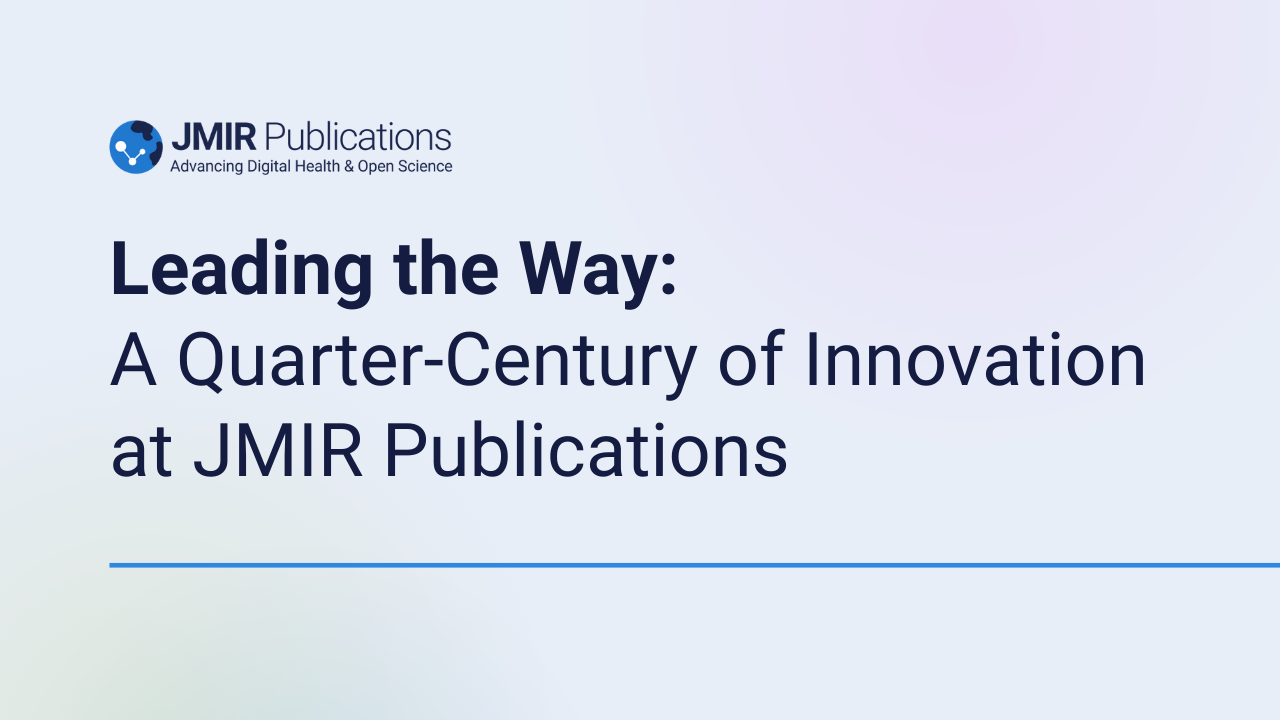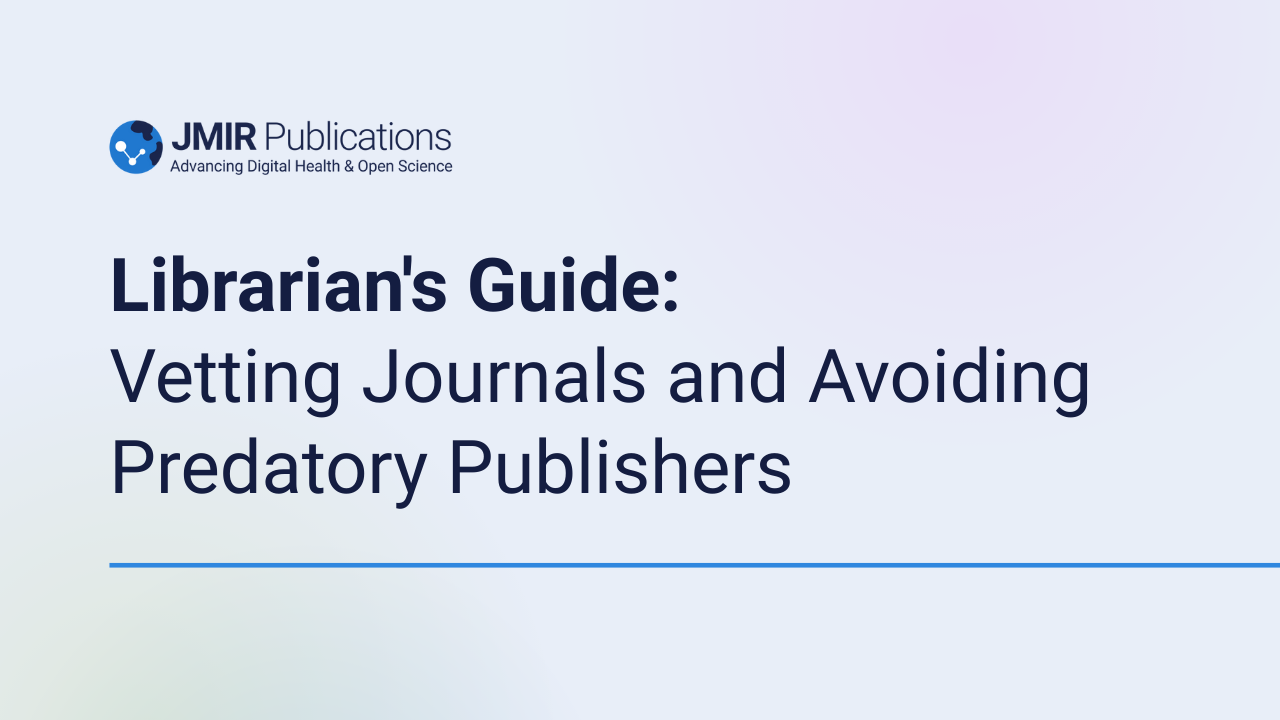Less Typing, More Talking: Ontario's AI Scribe Program
When a patient walks into a doctor’s office today, they might notice something is missing: the frantic clicking of a keyboard. In exam rooms across Ontario, the traditional image of a physician hunched over a laptop is being replaced by eye contact, active listening, and a small, unobtrusive digital assistant known as an ambient artificial intelligence (AI) scribe.


.png)



.png)

.png)

